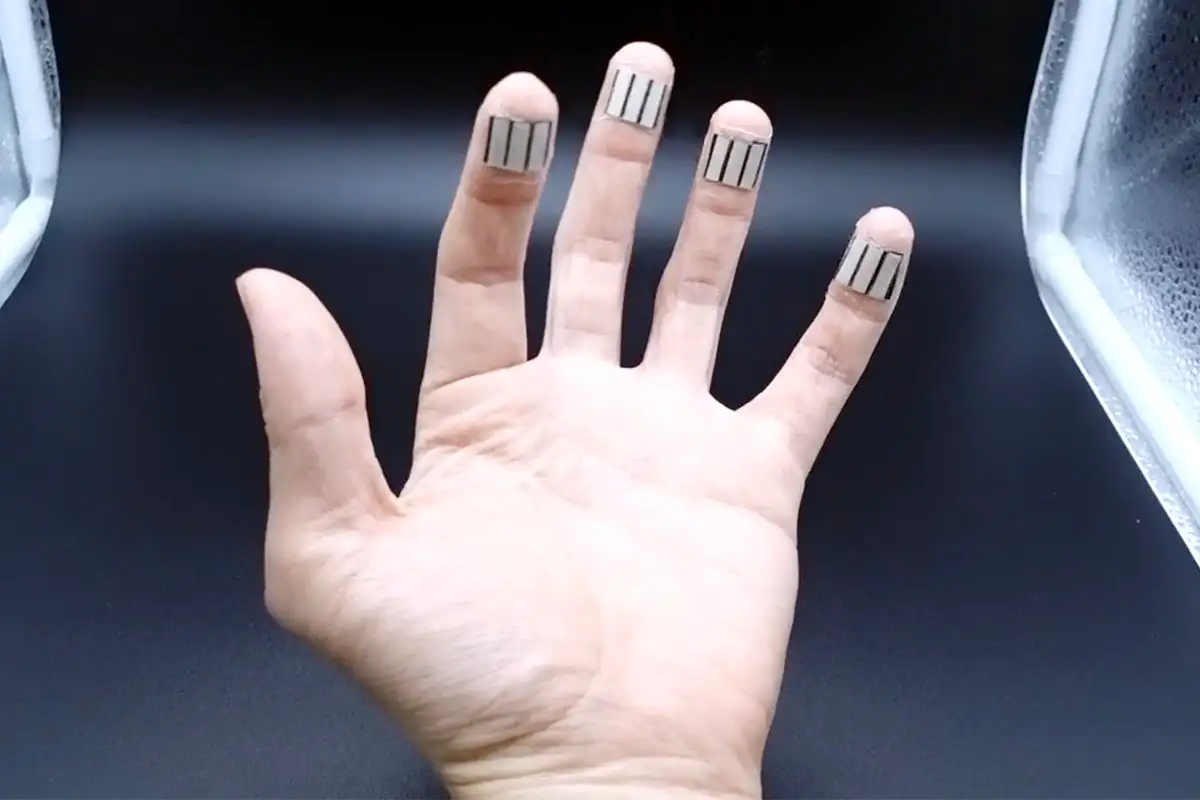
Finger sweat can power wearable medical sensors 24 hours a day
Research team created a device that breaks down a dissolved compound in sweat called lactate. It comprises biofuel cells that fit into thin pads that are stuck to the fingertips. They soak up sweat into a thin layer of foam, where an enzyme oxidises lactate in the sweat to create an electrical charge.
Each finger pad can generate 20 - 40 microwatts of power and harvest 300 millijoules of energy per square centimetre during 10 hours of sleep. This isn’t enough to run power-hungry devices like smartwatches or mobile phones, but more than enough for lightweight sensors that detect a range of metrics such as heart rate, vitamin deficiencies and glucose levels.
Even with the minute amount of sweat compared to the sweat you got from a really intense workout; this power is still very sizeable. No matter how clean your hand is, it’s very easy to leave your fingerprint everywhere. That’s basically the residue of your sweat, with a lot of metabolites.
Currently, the enzyme that is key to the reaction begins to break down and become ineffective after two weeks. Further research is needed to create a stable enzyme that can be used.
 English
English Arabic
Arabic


